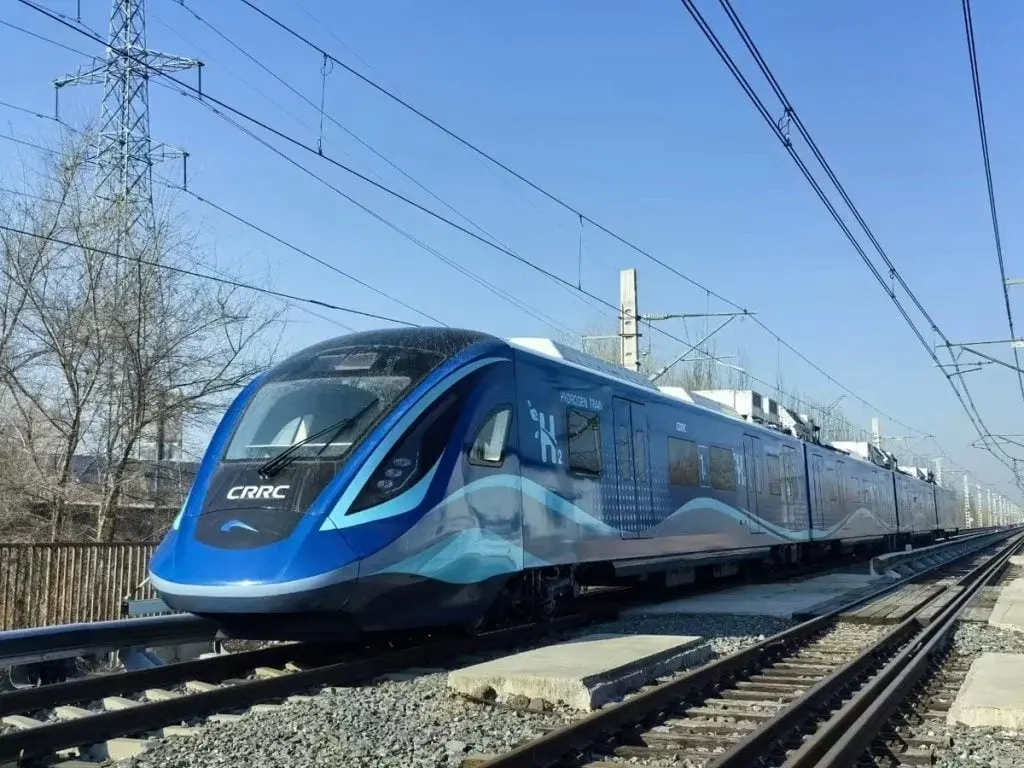China has achieved a significant advancement in enhancing urban transportation sustainability by conducting a successful trial of its first domestically produced hydrogen-powered train. The historic event unfolded in Changchun, Jilin province, where CRRC Changchun Railway Vehicles demonstrated the train's capabilities by reaching a speed of 160 kilometers per hour with a full load. This milestone test signifies a breakthrough in applying hydrogen energy technology to rail transport.
Energy Efficiency and Propulsion System
In contrast to conventional trains that rely on fossil fuels or overhead electrical systems, this innovative train features a hydrogen energy propulsion setup. The system stands out for its robust and enduring power source, with test results revealing a mere 5 kilowatt-hours energy consumption per kilometer. This exceptional efficiency not only meets design standards but also places the train at the forefront of global energy-efficient transportation.
Impressive Driving Range and Safety Testing
With a remarkable driving range exceeding 1,000 kilometers, the train significantly reduces the need for frequent refueling stops. Prior to the trial, the hydrogen power system underwent extensive testing to ensure durability, performance across extreme temperatures (-25°C to 35°C), resistance to vibrations, electromagnetic compatibility, and fire safety. These rigorous tests guarantee the train's safe and dependable operation.
Milestone for China's Rail Industry
The successful trial operation represents a pivotal moment for China's rail transit sector, opening doors for broader adoption of hydrogen energy technology. It also plays a crucial role in achieving technological independence and control in developing high-end transportation equipment. This positive trend is hoped to extend to more nations, fostering energy balance and sustainability on a global scale.


Leave a Reply